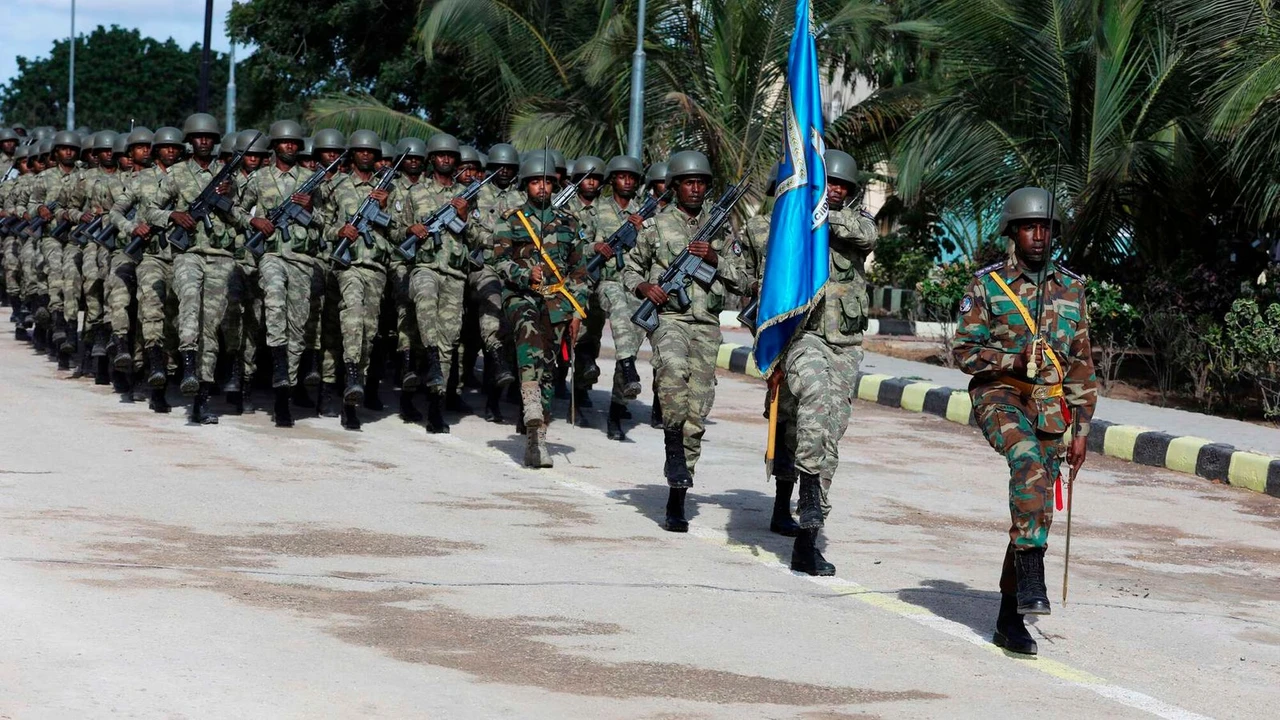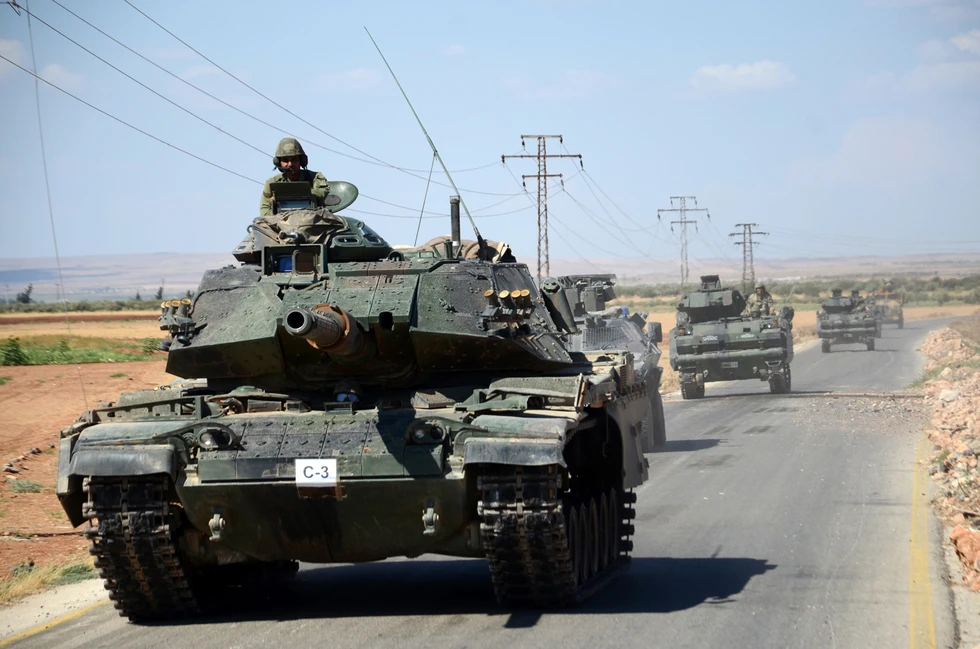Opposition parties react to Bahceli’s call for Ocalan to address Parliament
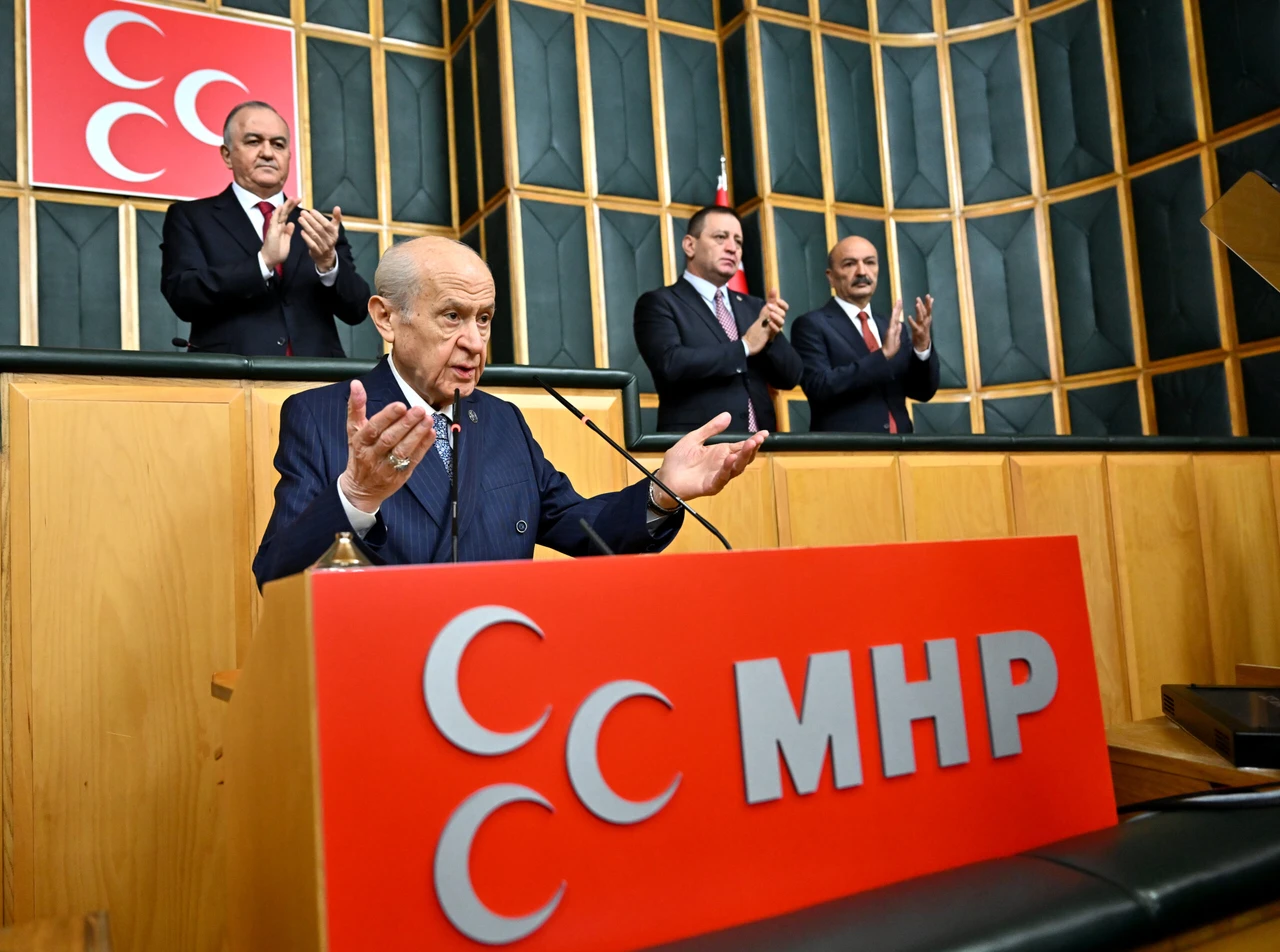 TÜrkiye's Nationalist Movement Party (MHP) leader Devlet Bahceli makes a speech during his party's group meeting at the Turkish Grand National Assembly in Ankara, TÜrkiye on Oct. 22, 2024 (AA Photo)
TÜrkiye's Nationalist Movement Party (MHP) leader Devlet Bahceli makes a speech during his party's group meeting at the Turkish Grand National Assembly in Ankara, TÜrkiye on Oct. 22, 2024 (AA Photo)
Devlet Bahceli, the leader of the Nationalist Movement Party (MHP), has called for Abdullah Ocalan, the imprisoned leader of the PKK, to address the Turkish Parliament. This statement has prompted a variety of reactions from opposition parties, particularly the Republican People’s Party (CHP) and the Peoples’ Equality and Democracy Party (DEM).
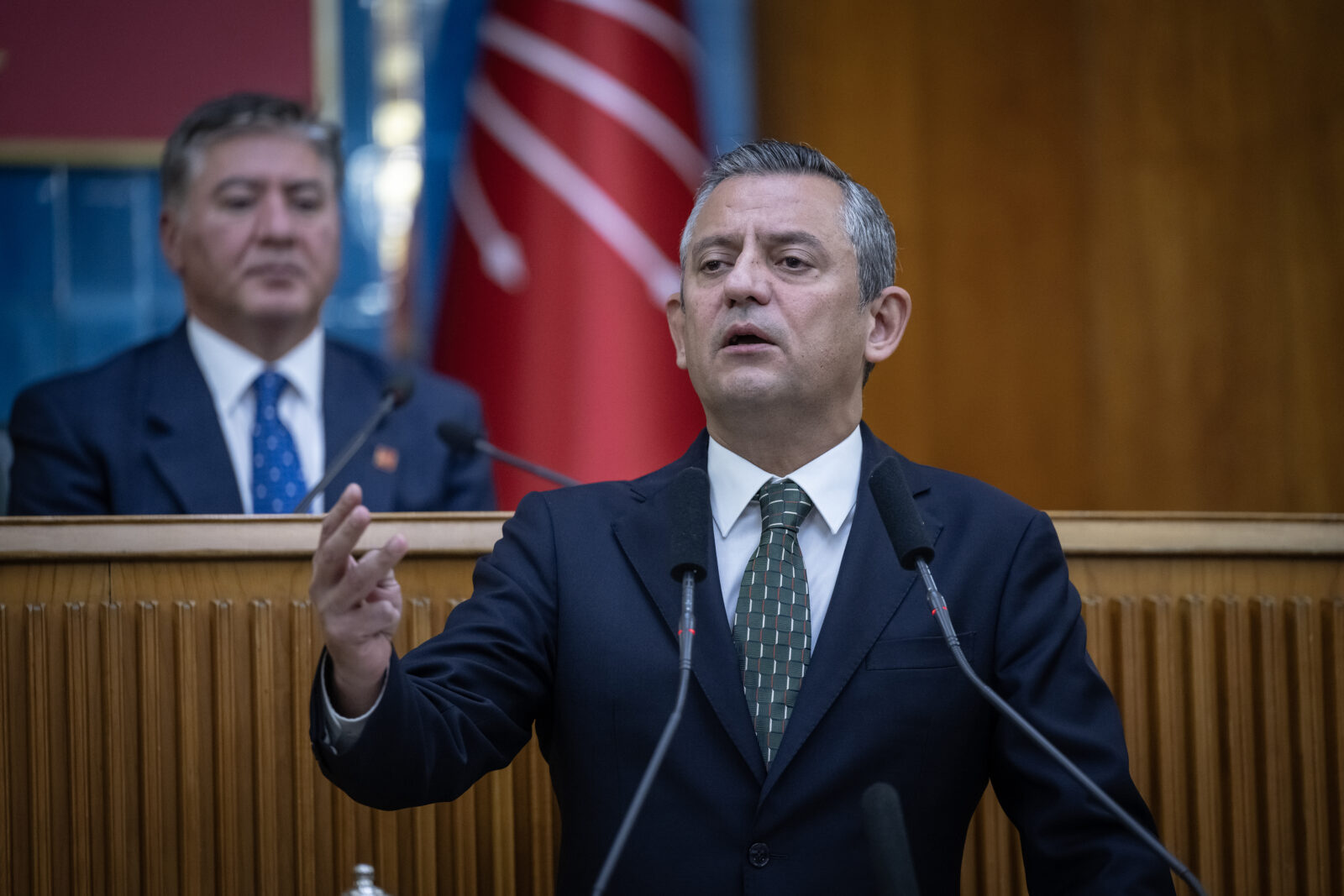
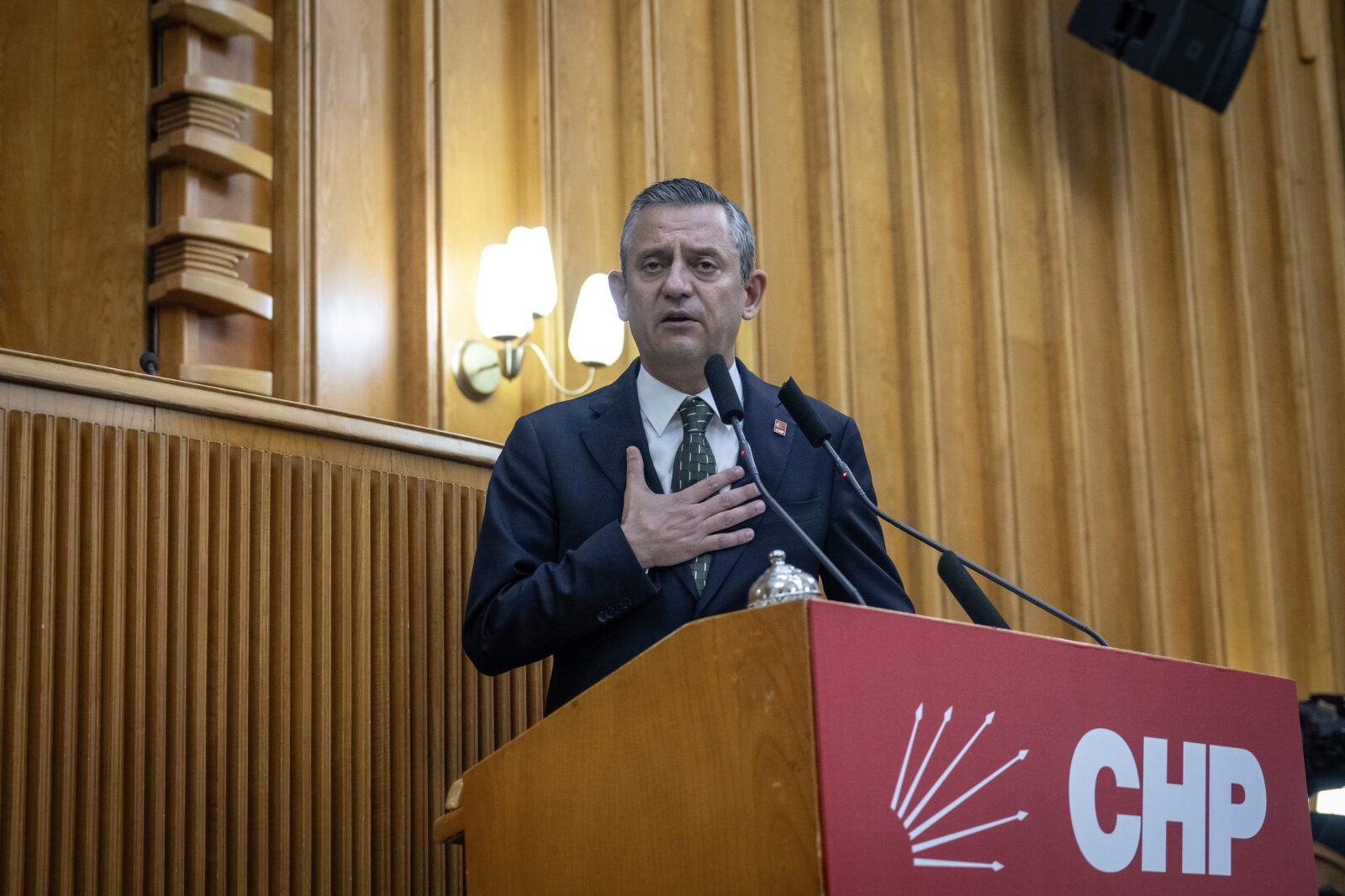
Main opposition supports Bahceli’s proposal
Ozgur Ozel, chairman of the CHP, spoke during his party’s group meeting in the Turkish Parliament, expressing support for Bahceli’s call. He stated, “If no more martyrs will fall, if no more blood will be shed, and if soldiers will not be targeted, then we will fully support the end of terrorism.” Ozel emphasized that every word holds value if it contributes to peace.
He remarked, “Some are calling today a pivotal moment in history. Only time will tell.” He also noted that negotiations are taking place behind closed doors. Ozel argued that any decisions regarding amnesty should come from the Turkish Parliament, insisting that all parties must be involved in resolving these issues.
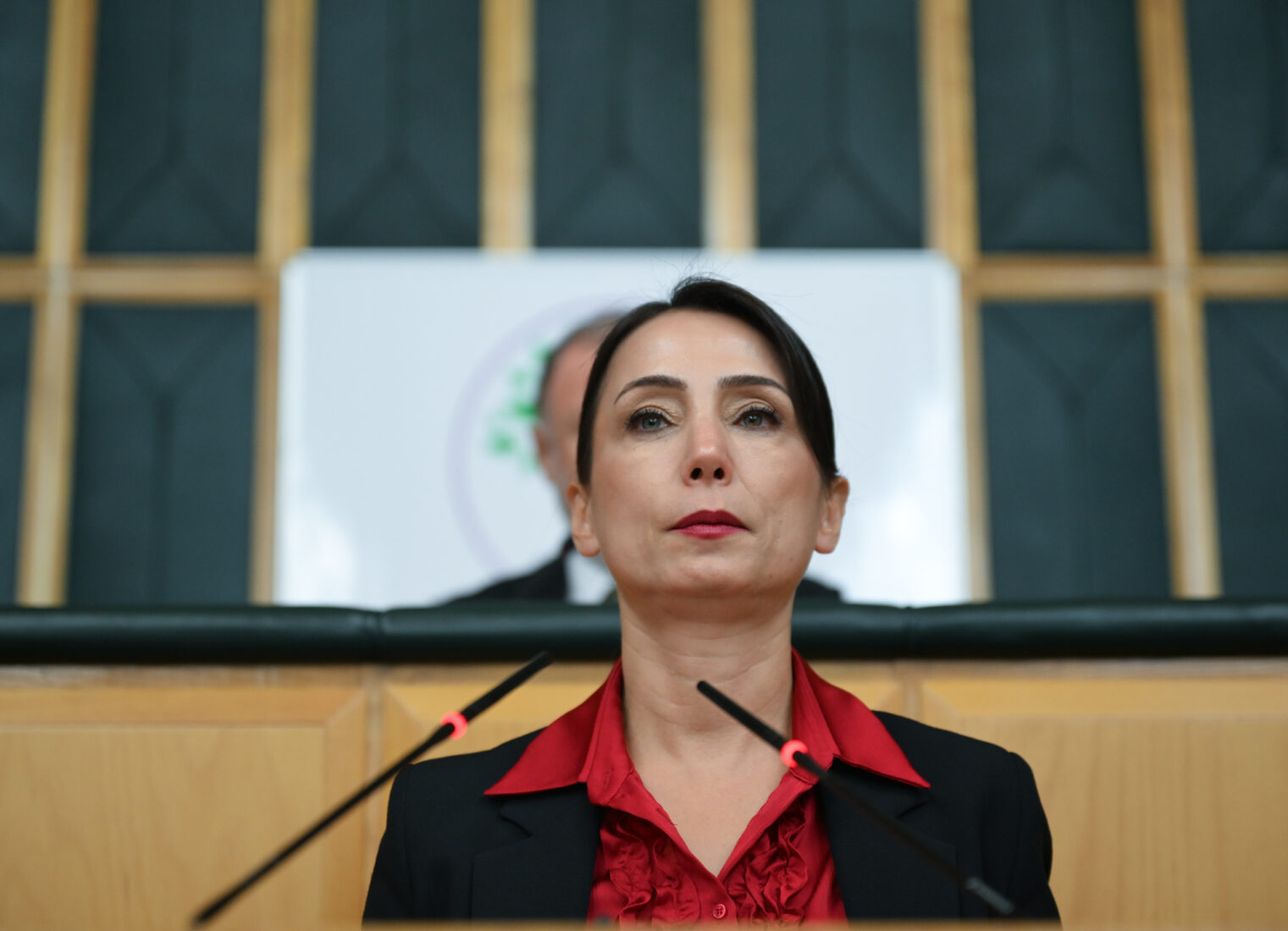
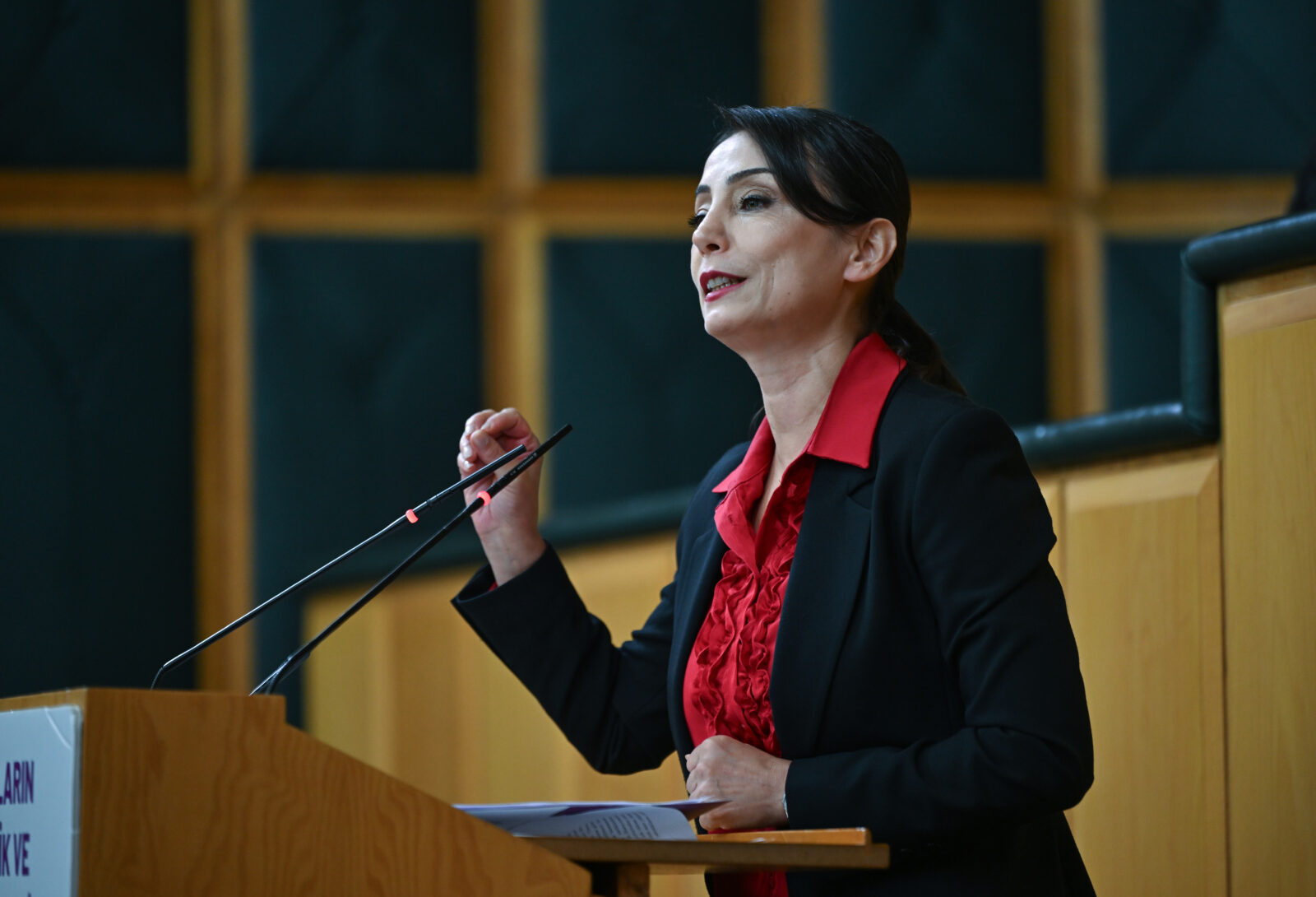
Response from DEM Party
Tulay Hatimogullari, co-chair of the DEM Party, responded to Bahceli’s remarks by asserting, “We are not asking anyone for a solution. We are prepared to take the lead for an honorable peace.” Hatimoglu emphasized that the resolution of the Kurdish issue should take place in the Turkish Parliament and highlighted the importance of democratic negotiations.
She stated, “Prison term must be lifted as soon as possible. We have underscored Bahceli’s remarks about ending Ocalan’s prison term.” Hatimogullari added that the concept of the right to hope has been a long-standing topic for them.
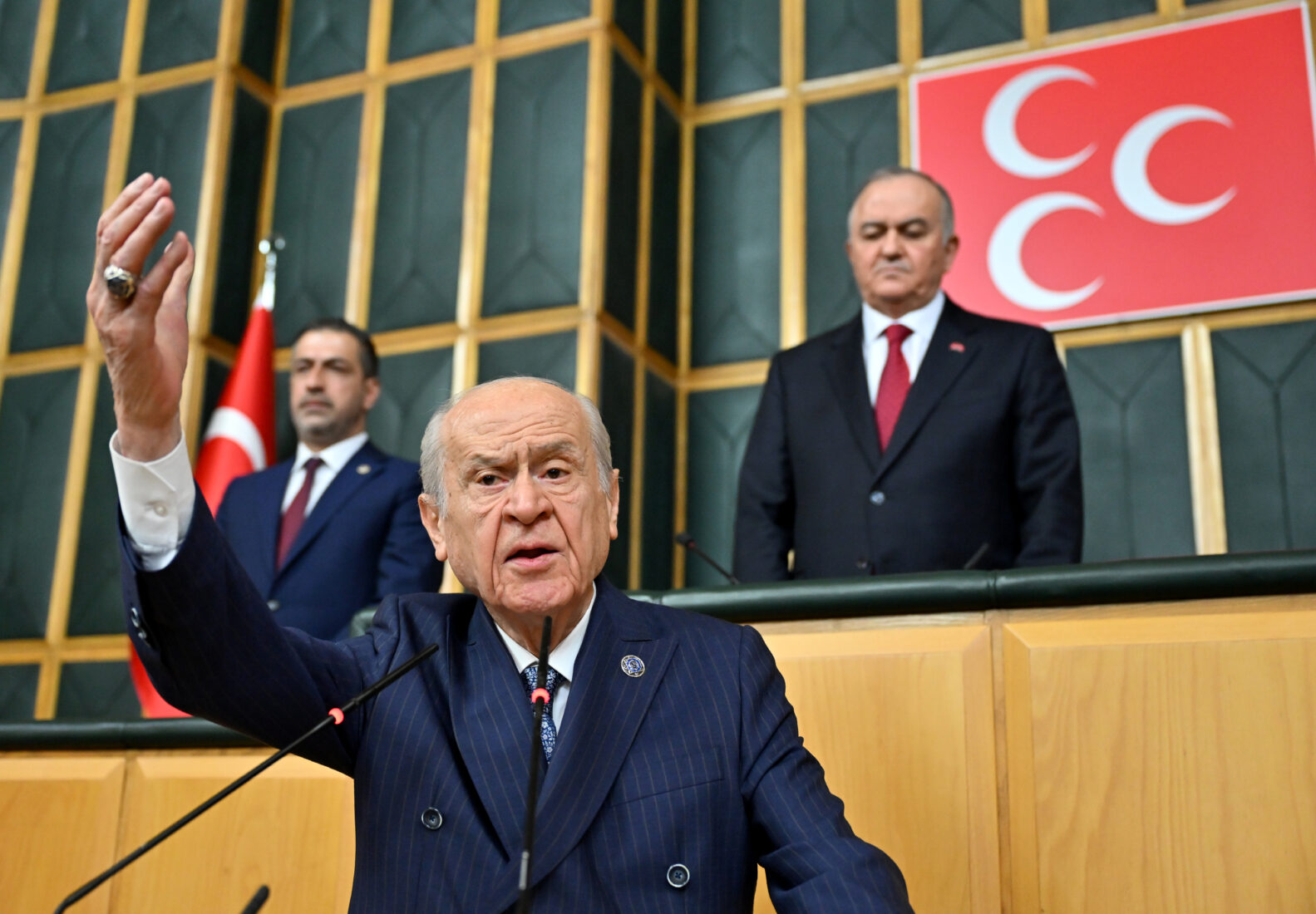
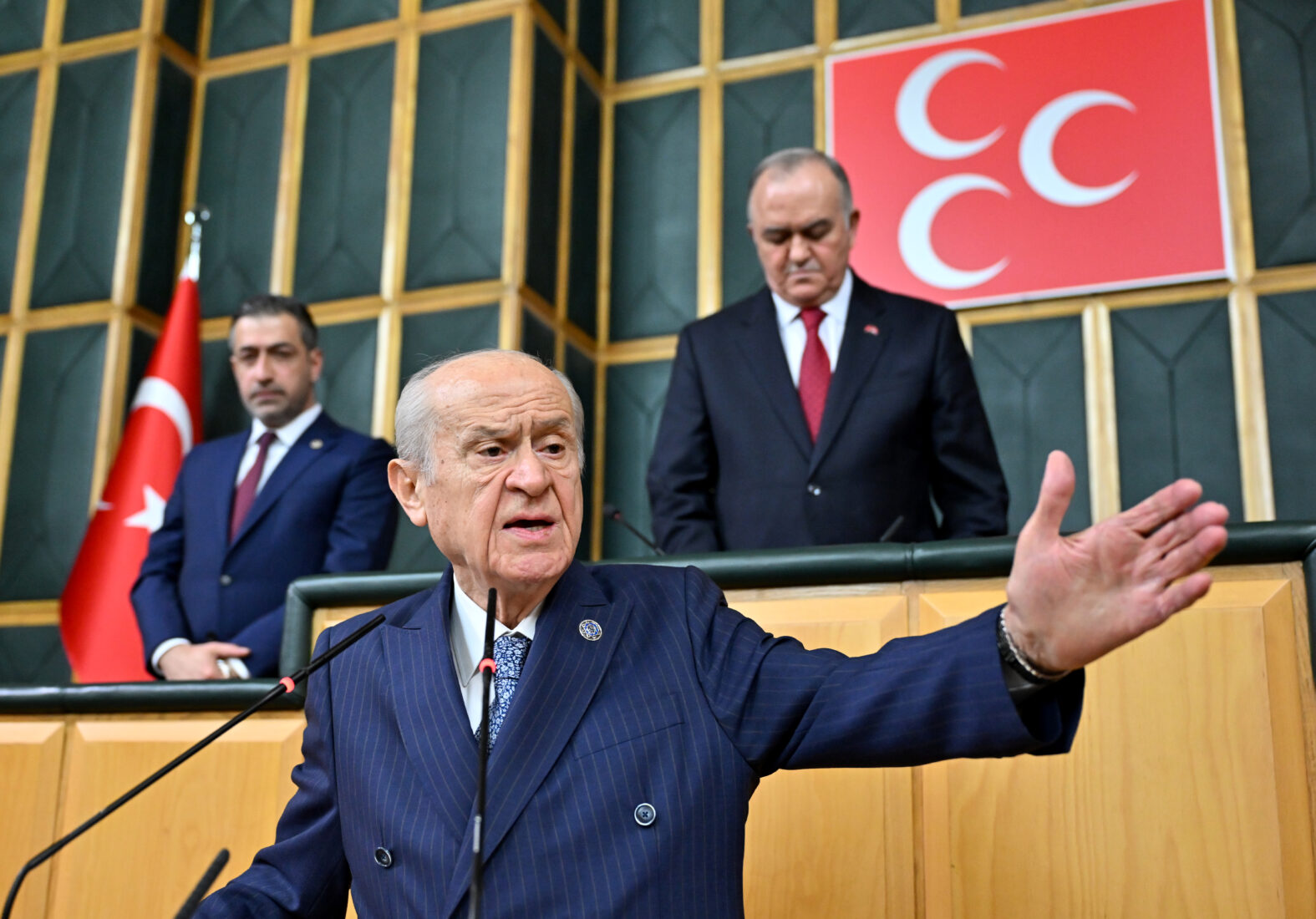
Controversial remarks from Bahceli
Bahceli stated, “If the prison term of the terrorist leader is lifted, he should come and speak at the DEM Party group meeting in Parliament. Let him declare unilaterally that terrorism has ended and that the organization has been dissolved.” These statements have sparked criticism among opposition parties, who argue that depending on a single actor is inadequate for addressing the complex issues related to terrorism.

